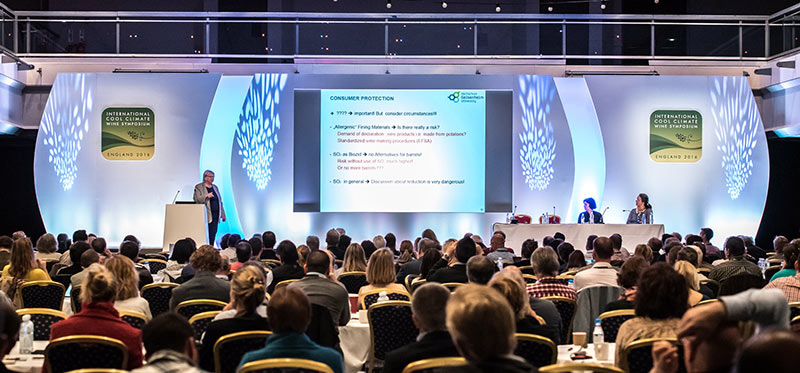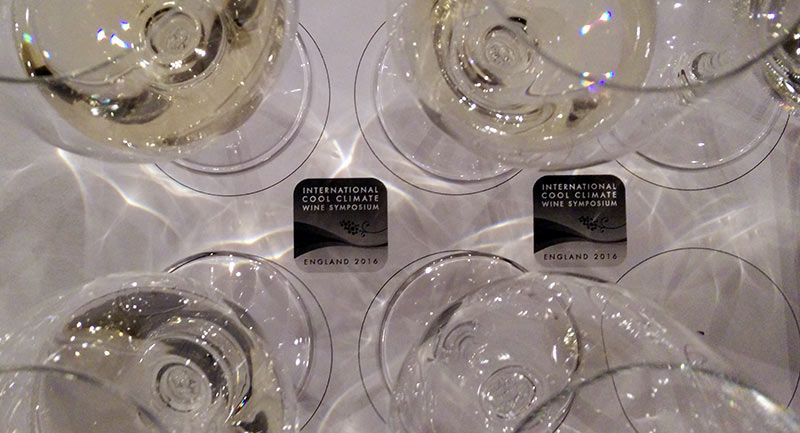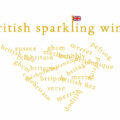This past Saturday marked the end of the three day event called, the International Cool Climate Wine Symposium 2016. That lengthy title sums up the event very well as it was three intense days focused upon talking about the work being done in regions that are “cool climate” producing areas. It covered literally everything from varieties to vinification to marketing to enotourism and to put it succinctly, it was a damned impressive conference.
I need to back up and mention that when one is based in Europe and is a wine journalist who writes in English, you naturally find yourself in the UK often. I don’t have much problem with this short of the cost of things reminding me how non-lucrative a career in any form of wine generally is. That said, I try to parse out my visits to be as concentrated as possible and so when I saw mention of this symposium many months back I thought, “Well, seems like an interesting topic. Haven’t been to Brighton. Let’s see what it’s about.”
In talking with some friends in Brighton last Sunday who are wine importers, I think they stated perfectly what many must had thought initially about the event, “Well, obviously it can’t be a serious wine event, those are only in London. Brighton is for the beach!” They, along with multitudes more started kicking themselves for not attending once oodles of highly quotable tweets started coming out of the talks and sessions.
It started with Jancis Robinson’s opening speech that markedly pointed out the uphill battle winemakers in the UK face as they’ve pulled funding from local university programs as well as pulled out of the OIV in what seems to be taking a page from the North Americans. And her summation of English sparkling wine being “hedgerow in a glass” will undoubtedly be the vanguard of descriptors for the style.
We then headed to the sessions where I thoroughly enjoyed a talk about grape varieties that went on at length about the quest for delicious hybrids that can handle adverse growing conditions to the constant search for old varieties. A truly fascinating talk that was just one of many.
And that was the thing as many lesser conferences will pay a Master of Wine to stop in for the day and give an opening speech to lend a air of potential credibility. These then fall flat with some Sarah Sue Summers giving a talk about how a trip to Stellenbosch moved her to import South African wine to Florida or how John Jacobs can help you optimize your wine website to full SEO potential (my apologies to all the Sarah Sue Summers and John Jacobs.) The ICCWS was certainly chocked full of MWs, but they mostly played the roles of moderators in the talks and introduced people that they had found who were actually even greater experts in a certain field of wine than they were. Now that, is a statement of expertise.
What was amazing about all the sessions was the incredibly high level of talks and that the organizers had pulled together an excellent array of people to craft a unifying theme but with all sort of different perspectives to it. I guess they weren’t joking when they said that they started organizing this four years ago once the last one in Tasmania happened and England was announced as the next venue.
Also impressive were the attendees who brought considerable value to the conference as well. I loved the fact that there were super studious science people mixed with heavily “natural” wine people and a range of all others in between.
Those who decided not to go did indeed miss out but there is hope… in four years with the ICCWS 2020 slated for Canada. See you there?




